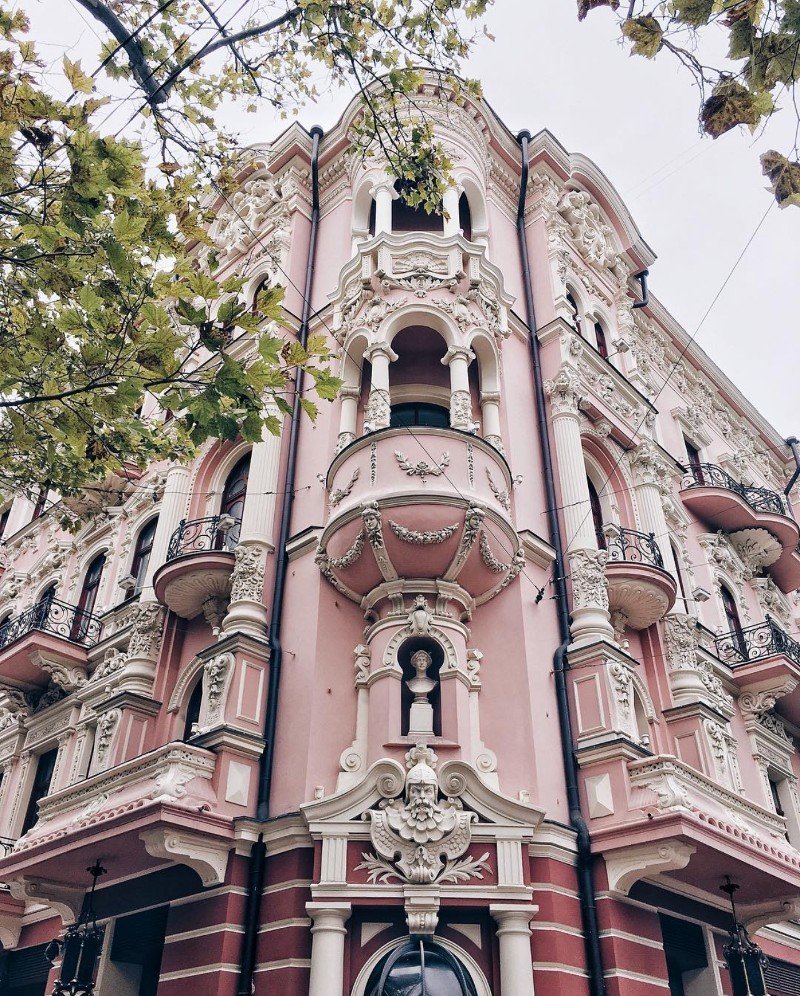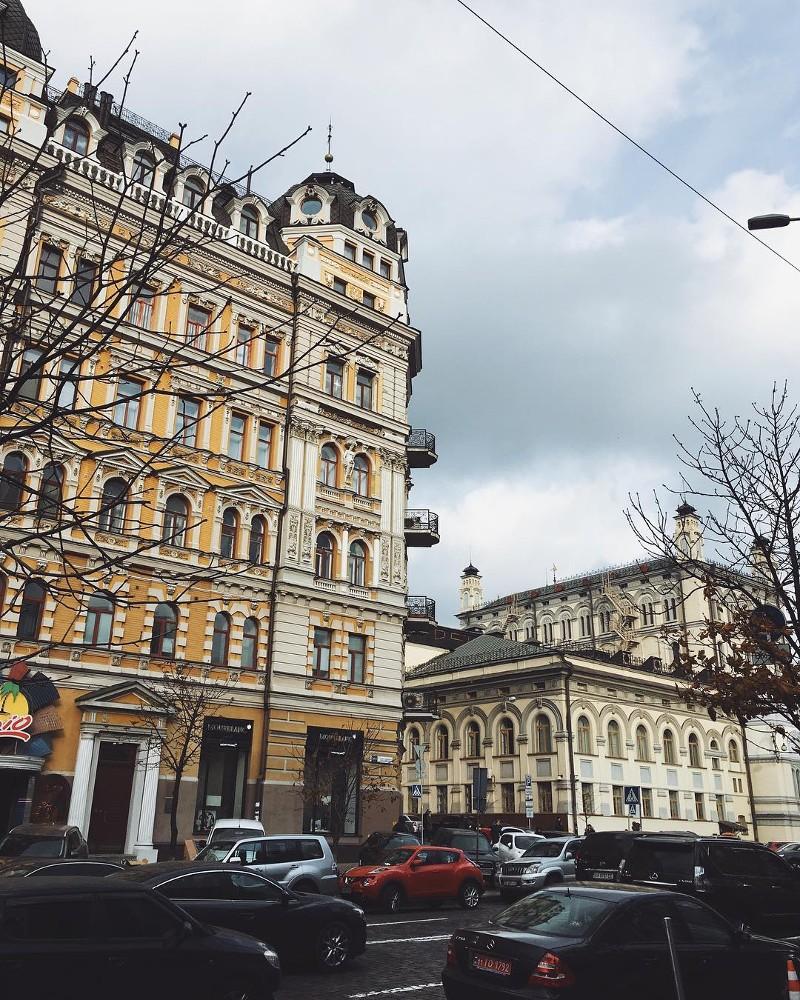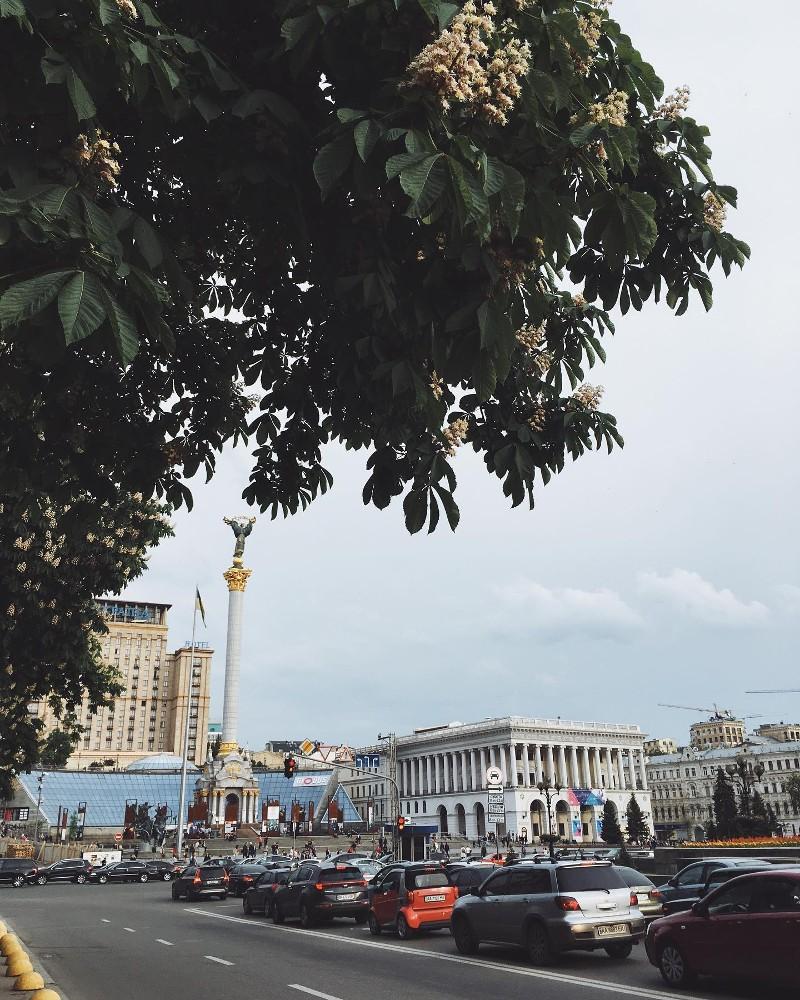My friend Guillaume is always telling me interesting things. Like: there’s a dance called the Madison that many French people think is a regular feature of parties in the United States.
Over the past 13.8 billion years, the Universe has evolved from a hot, dense, largely uniform early state to a clumpy, clustered, star-and-galaxy-rich state, where the typical interstellar and intergalactic distances are absolutely tremendous.
… And so on, until the 36th person types “Good morning,” and the work day can begin. It’s nine in the morning, and Alexia D., a graphic designer, types the final “Good morning.” No one dares skip the greeting. Not Alexia, not anyone. If she does, the team leader will log her as absent, even if 10 minutes later she is on the screen with her work completed and a smile on her face, ready to review project updates.
Why do so many people have an immediate, intuitive grasp of this highly abstract concept—“subjective age,” it’s called—when randomly presented with it? It’s bizarre, if you think about it. Certainly most of us don’t believe ourselves to be shorter or taller than we actually are. We don’t think of ourselves as having smaller ears or longer noses or curlier hair. Most of us also know where our bodies are in space, what physiologists call “proprioception.”
Steven Soderbergh is the rare filmmaker who views a sequel as a chance to do something different. In a moviemaking era suffused with safe and predictable follow-ups, Soderbergh’s Ocean’s Twelve remains a sterling example of a strange, surprising left turn from its predecessor’s formula.
THIS INSTALMENT OF 10 IMAGES features snapshots from Kyiv, Ukraine by Nastia Poberezhna. There are glimpses of her home, the door open to the terrace; a bouquet of bright pink roses against a raindrop-covered car window, a blurry glimpse of the city just beyond. There are hard boiled eggs and Saint Laurent coffee cups, pizza and peonies and the everyday moments of a life...
Odessa (Russian: Оде́сса [ɐˈdʲesə]) or Odesa (Ukrainian: Оде́са [oˈdɛsɐ]) is is the third most populous city and municipality in the south-west of Ukraine, on the northwestern shore of the Black Sea. A major seaport and transport hub, the city is also the administrative centre and multi-ethnic cultural centre. Under the Russian Empire and Soviet Union, Odesa is sometimes called the "pearl of the Black Sea. In 2021, its population was 1,015,826.
RATHER THAN sit around watching the terrible progression of Russia's invasion of Ukraine and waiting for the awful news that seems all but inevitable, we're keeping ourselves busy with work as the distraction of choice. It's also made us realise that we've haven't had a chance to visit any places in Eastern Europe yet, despite the fact one of our writers was from Ukraine...
FRIDAY WE WERE glued to the coverage of the Russian invasion of Ukraine. I saw women saying tearful good-byes to their soldier husbands and boyfriends, and Ukrainians forming long queues to donate blood and do their bit for their country. I saw a man at a train station saying good-bye to his wife and children, and when he got to his youngest (who couldn't be more than two years old) break down with heavy wracking sobs, hugging her for what he feared might be his very last time ...








